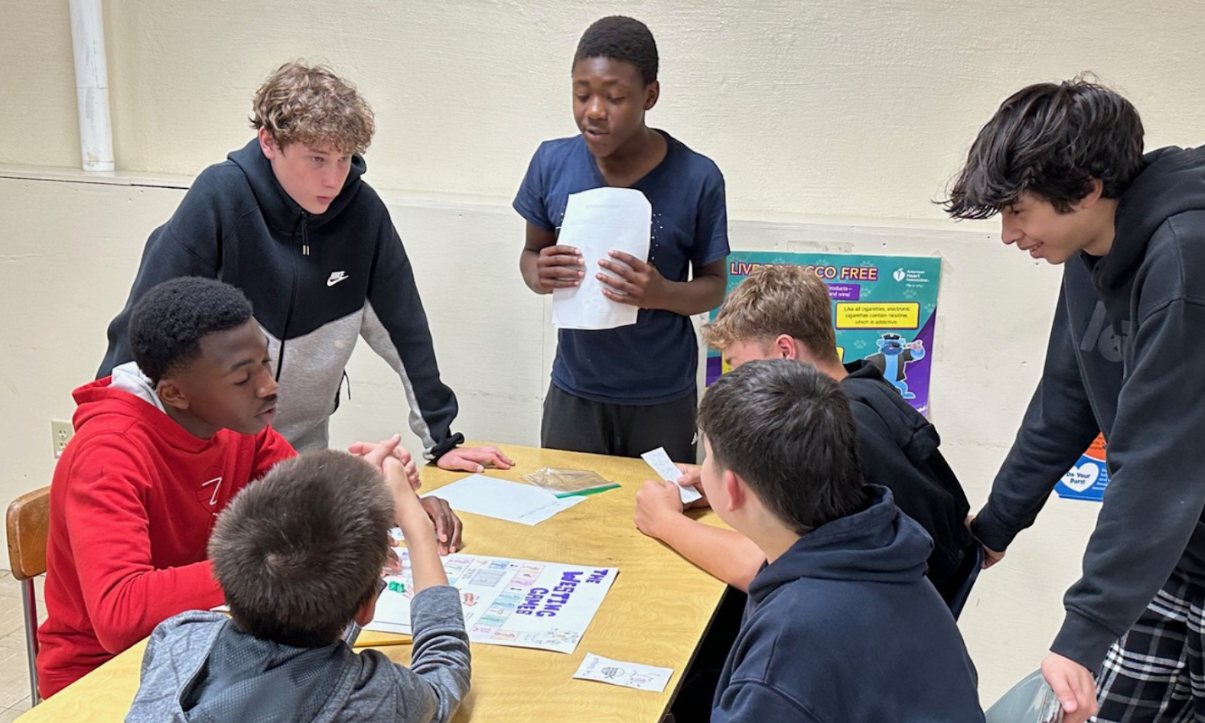It seems to me that we've shied away from the apprenticeship model of education in schools as of late. Instead of learning the thing itself, students often settle for learning about that thing - reading books, watching videos, discussing, perhaps even doing simulations.
Thanks to budget and time constraints, schools are often unable to provide in vivo experiences in the way teachers and students would like. When I was teaching biology, I taught in classrooms that didn't even have sinks, so many of the lab experiences that typify a high school biology class had to be improvised or simulated. I did my best, but at the end of the day, most of what my students learned was referential. It wasn't the experience itself, but an activity/reading/discussion about the experience. In short, there was not the opportunity for access.
But thinking creatively about how to obtain access might yield solutions that are easier than most would believe. There are experts everywhere - especially in large urban areas (such as the Bay Area). There are parents and neighbors who go to work and are able to speak with a great deal of authority about their respective professions; how hard would it be to have them donate an hour or two of time and come in to speak to students? Or better yet, how feasible would it be to bring students to their workplace? In my experience, sometimes it only takes a request.
There are incredible examples of professionals at the highest level of their fields donating their time. Today there was an article in the Washington Post about one of the preeminent classical conductors in the world rehearsing a youth orchestra. Citizen Schools is a great innovator in the after school sector - they build their program around apprenticeships taught by "Citizen Teachers,"experts from the community who volunteer their time to teach their craft and passion to middle school youth. And Tutorpedia is starting a similar initiative: enriching project-based workshops.
Apprenticeship-modeled education is thriving in some schools, such as The Met in Providence, RI. It's also thriving in vocational education; apprenticeships are the way that electricians, carpenters, mechanics, and plumbers enter their respective professions. Vestiges of apprenticeships are even seen in medical school, and less commonly in Law school. But learning directly from practicing experts is something sorely lacking in the majority of our nation's classrooms today. Perhaps it's because teachers don't want to feel as though they are not expert, or perhaps due to the fact that teachers don't know how to access these experts, but either way, putting students into contact with practicing experts is something that benefits everyone: student, expert, teacher, school, and community.
Thursday, October 22, 2009
Subscribe to:
Post Comments (Atom)







No comments:
Post a Comment